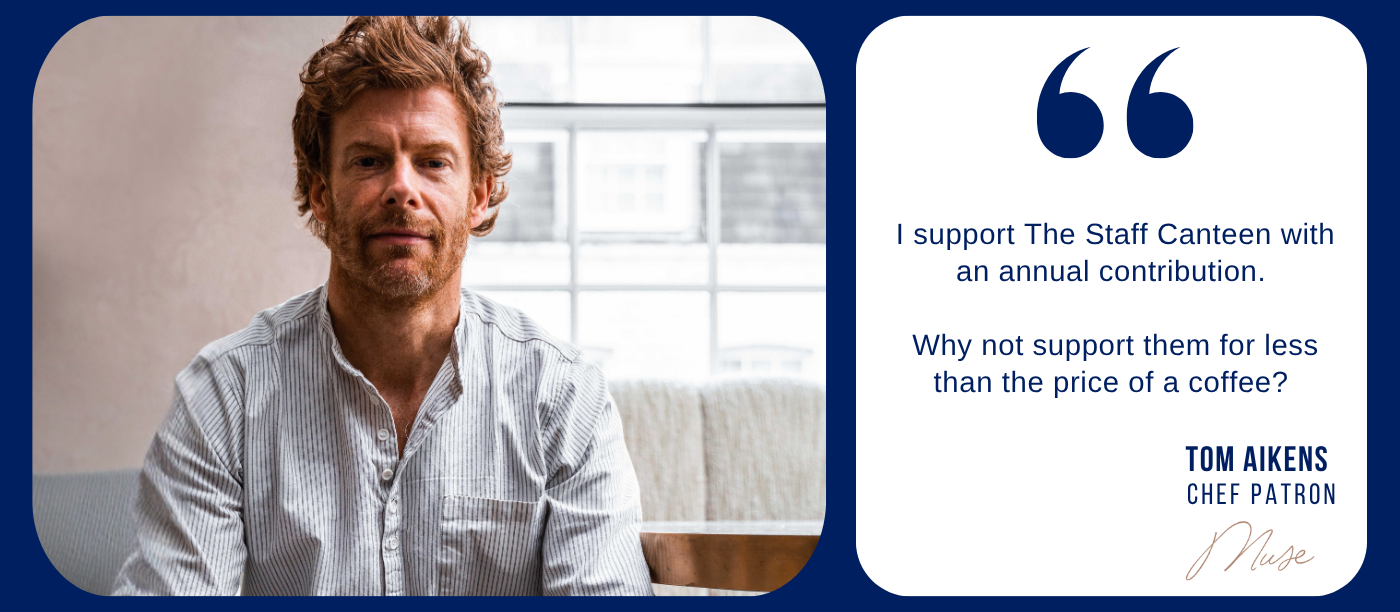TripAdvisor rarely manages to stay out of the news for long, whether it’s chefs writing angry ripostes, imaginary restaurants popping out of nowhere or sarcastic five-star reviews of homeless hostels, there always seems to be someone taking a pop at “the world’s largest social travel network”. The Staff Canteen decided to find out why and whether all the flak is fair.
Phantom restaurants, five-star homeless hostels and scathing replies
In April there was the
Glasgow homeless hostel which received a spate of glowing ‘five-star’ reviews commenting on the friendliness of the staff, the excellence of the room service and the ‘breathtaking’ marble floors and crystal chandeliers. In July there was the case of the
‘phantom’ restaurant in Devon. Supposedly set in an old fishing vessel in the town of Brixham, ‘Oscar’s’ received rave reviews, even comparing it favourably with El Bulli, but the floating restaurant turned out to be a damp squib – it was the invention of a miffed businessman whose friend’s hotel had received a barrage of bad TripAdvisor reviews. Most recently there was the case of
The Blade Bone Inn owner, Kiren Puri, who posted a 1,000 word reply to a negative review on the site. The scathing reply went viral, with owner and chef-patron, Puri, blasting the reviewer with comments like: “I have never met a self-professed foodie start his meal with a bowl of chips,” and: “Your parents appeared to be as embarrassed to be with you as I was to have you in my restaurant.”
'Ruined nights' and dirty tricks
All very amusing, but there is a more serious side to the sarcasm, fake reviews and angry responses: many chefs, restaurateurs and hoteliers have issues with TripAdvisor; after all, with increasingly tight margins, negative reviews can mean the difference between life and death to a struggling business, and many in the industry question the fairness and objectivity of some of these comments.
 Sat Bains
Sat Bains is a chef who has been famously outspoken about TripAdvisor in the past. The chef-patron of the two-Michelin-starred Restaurant Sat Bains has been known to post caustic replies to negative reviews, including, according to a
Telegraph article, inviting one reviewer to “invest in a dictionary” and regretting that another had received a surcharge for dining alone because the lonely customer could have “got himself a date with the cash.”
Behind the humorous quips though, there is a serious point. As Sat Bains told The Staff Canteen: “I think when it's constructive, then fair enough. The issue I have though is when I feel it's unfounded. I think, unknowingly, some people can have a negative effect on business because they don't understand why you do what you do. We've been criticised from everything from only offering tasting menus to serving food in bowls as opposed to plates. The latter was our most recent and they said it ruined their night! If they'd only asked why while there, any of the staff could have told them.
 ”
”
The most common complaint from chefs and restaurateurs is the ‘anonymous’ negative review that just seems a little too close to home, often because it is. In fact it’s the rival restaurant just down the road trying to take business away with an underhand review.
Paul Foster, head chef at Suffolk’s Tuddenham Mill, is someone who has given up reading TripAdvisor reviews and has found his own evidence of foul play on the site. He said: “We had a bad review claiming to be written from a chef I know, who has a restaurant just up

the road. The chef called us the next day and told me the review definitely wasn’t from him. We suspect it was from another restaurant nearby that just wanted to cause bad blood between us.”
An Invaluable tool?
Despite these obvious issues, TripAdvisor must be doing something right. It is the world’s largest site of its kind with over 2.5 million businesses listed and more than 250 million visitors every month. There must be something that customers find trustworthy about the reviewing system or they would simply stop using it. Perhaps people just have enough common sense to sift the useful from the rubbish?
Mark Frost is a forty-year-old chartered accountant from Derbyshire who describes himself as a bit of a foodie. Mark eats out two or three times a week and finds TripAdvisor an invaluable tool for making informed decisions on where to go. He said: “You’ve got to interpret who’s written it and why before you make any decisions. I read the best review and the worst review and I try to get a feel for who has written them. I try to read as many comments as possible and then make my own evaluations on what I’ve





 the road. The chef called us the next day and told me the review definitely wasn’t from him. We suspect it was from another restaurant nearby that just wanted to cause bad blood between us.”
the road. The chef called us the next day and told me the review definitely wasn’t from him. We suspect it was from another restaurant nearby that just wanted to cause bad blood between us.”


 Clearly the system is far from fool proof so what does TripAdvisor intend to do to safeguard against these kinds of aberration in the future? And, perhaps more importantly how do they intend to regain the trust of chefs like Sat Bains, Simon Hulstone and Paul Foster?
Clearly the system is far from fool proof so what does TripAdvisor intend to do to safeguard against these kinds of aberration in the future? And, perhaps more importantly how do they intend to regain the trust of chefs like Sat Bains, Simon Hulstone and Paul Foster?










